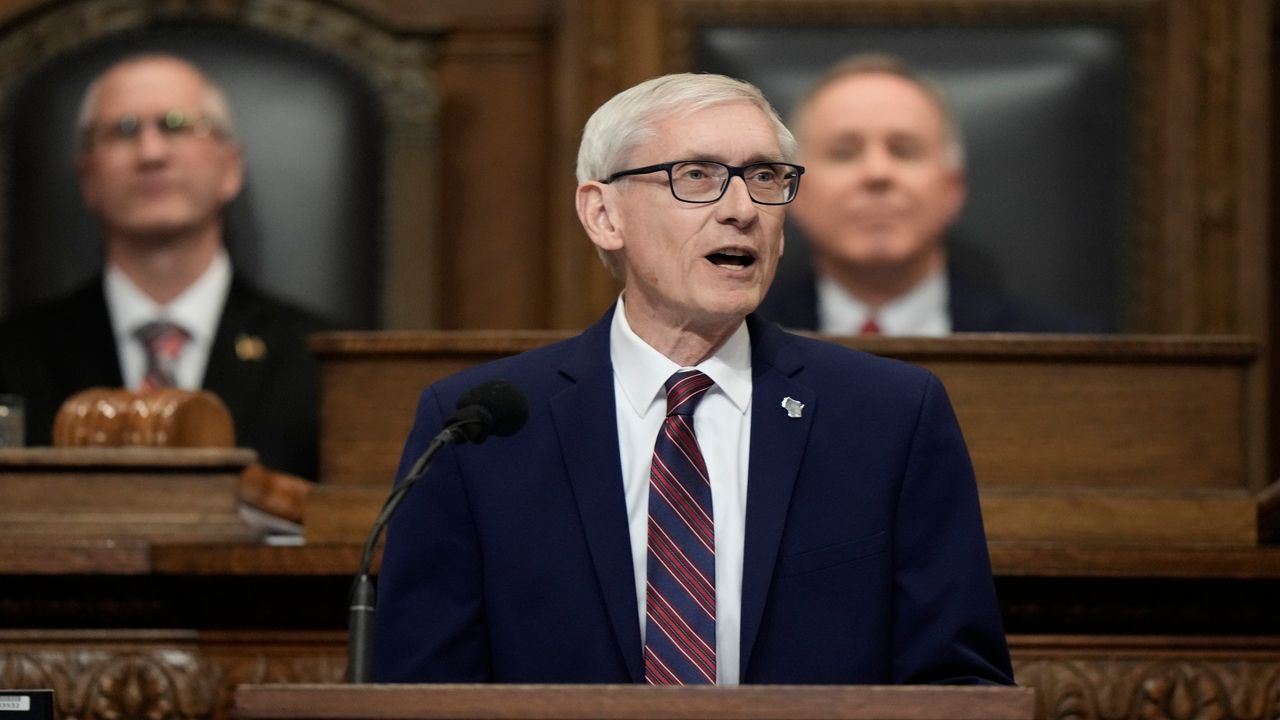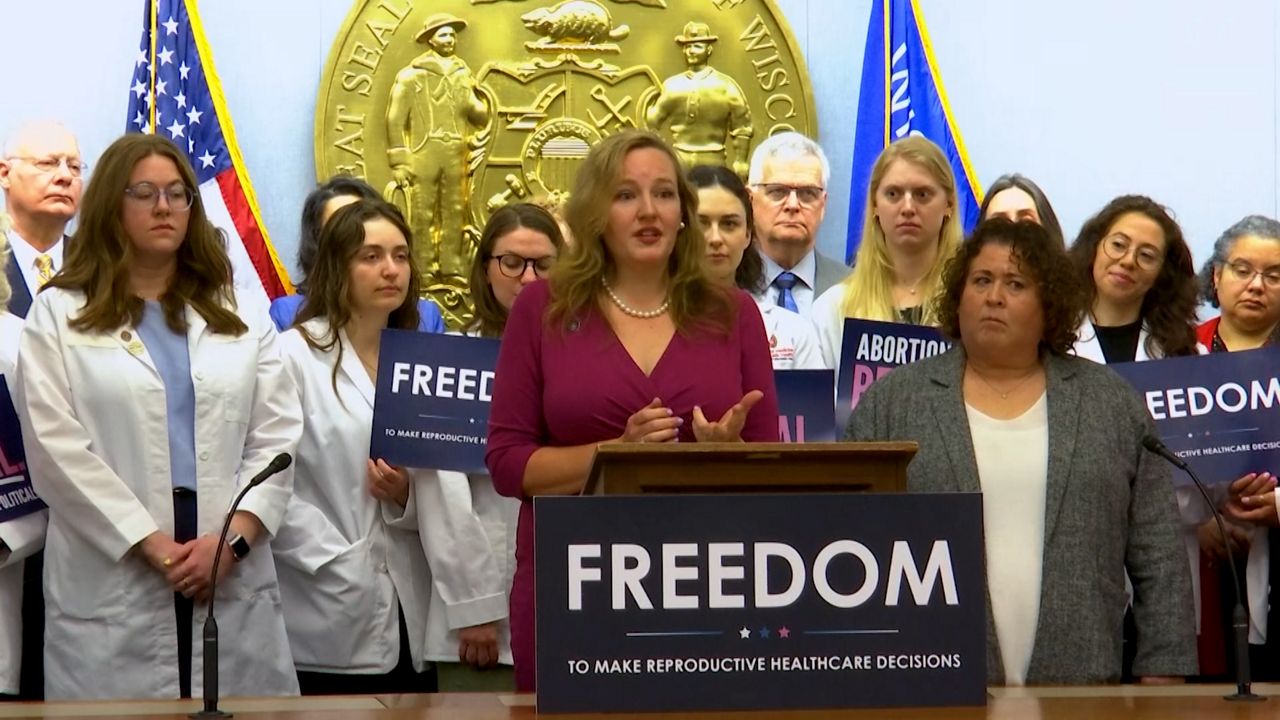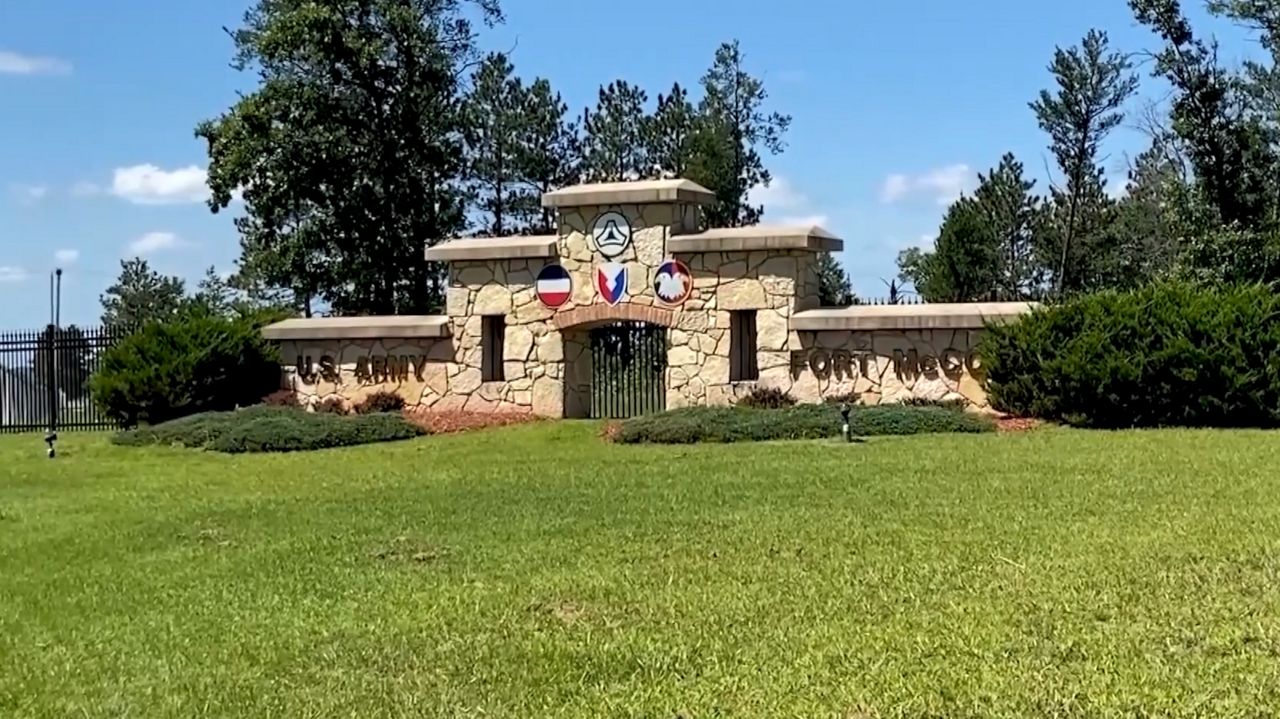MADISON, Wis. (AP) — Wisconsin drivers would be automatically registered to vote under Democratic Gov. Tony Evers’ executive budget, the governor’s office announced Monday.
The governor’s plan would earmark more than $500,000 for the Wisconsin Elections Commission and Department of Transportation to register eligible citizens whose information is on file with the DOT. At least 20 states already automatically register voters.
Evers’ budget also would loosen voter residency requirements, allow clerks to start processing absentee ballots the day before an election and allocate $400,000 to pay for electronic poll books. Another provision would reduce the time a Wisconsin resident must live in a municipality to vote there from 28 to 10 days.
The measures are part of a nearly $3 million elections spending plan the governor’s office provided to The Associated Press.
Evers is set to release his full 2023-25 budget to the Republican-controlled Legislature on Feb. 15. The Legislature’s finance committee will spend the spring revising the document before sending it back for approval from the full Senate and Assembly. After that, the budget goes back to Evers, who can rewrite it to his liking with his partial veto powers.
“The right to vote is fundamental to our democracy, and we should be making it easier — not harder — for every eligible voter to cast their ballot without interference from politicians,” Evers said in a statement provided with the plan.
It’s unlikely the Legislature will support most of the policy positions laid out in the executive budget. During his first term in office, Evers vetoed more than a dozen Republican-backed election bills that would have made it harder to vote.
Evers and Republicans may find common ground on pre-processing absentee ballots. Republican Senate Majority Leader Devin LeMahieu has previously pushed unsuccessfully to pass a similar bill to what Evers proposed.
Allowing election officials to count absentee ballots in advance would ease their workloads and could lead to quicker results reporting on election night.
Evers also proposed fully funding a $2 million request from the elections commission to establish an elections inspector general office responsible for investigating complaints and processing records requests that have burdened the agency.









